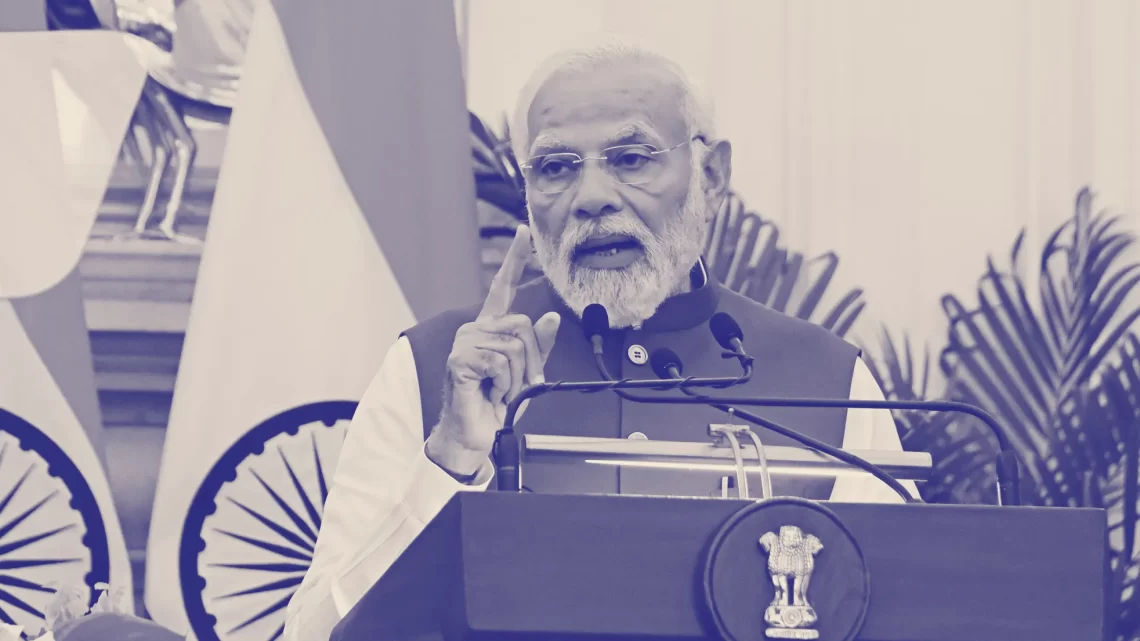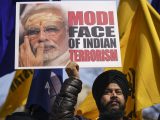
Hinduization of India’s Culture under the Modi-led Government
April 3, 2024The trend of renaming places in India, particularly those with Muslim names, has gained momentum since the advent of Modi’s government, driven by the overarching agenda of Hindutva ideology. This ideology seeks to re-establish a glorified Hindu Rashtra while erasing what it perceives as the remnants of a thousand years of perceived subjugation during the Mughal era. The fervor behind this renaming process reflects a deeper ideological struggle within Indian society.
Under the guise of reclaiming a supposedly lost cultural identity, several state governments have embarked on a spree of renaming cities, streets, and landmarks. Delhi BJP leader Adesh Gupta’s call to rename 40 villages in Delhi with Mughal-era names after freedom fighters and martyrs exemplifies this trend. The proposed renaming of Ahmedabad to Karnavati and Hyderabad to Bhagyanagar in Gujarat and Telangana respectively further illustrates this ideological shift.
The renaming process is not merely a superficial change of names on signposts; it is a symbolic assertion of a particular cultural and political narrative. By replacing Muslim names with Hindu identities, proponents of this movement seek to rewrite history in a way that aligns with their ideological framework. However, this endeavour is not without controversy.
Critics argue that this renaming spree is not about honouring historical figures or reclaiming lost heritage but rather a deliberate attempt to marginalize and erase the contributions of certain communities. By erasing traces of the Mughal era, which was a significant period of Indian history characterized by cultural syncretism, the proponents of Hindutva seek to promote a monolithic version of Indian identity that marginalizes religious and cultural diversity.
Moreover, the renaming process has sparked debates over the preservation of historical memory and the importance of inclusive narratives in shaping collective identity. While some argue that renaming is necessary to rid India of symbols associated with perceived invaders, others contend that it is essential to acknowledge and preserve the layered nature of Indian history.
Furthermore, the renaming process is not unidirectional. While there is a focus on replacing Muslim names with Hindu identities, there are instances where places previously named after Hindu personalities have also been renamed. This underscores the complexity of identity politics in India and the multifaceted nature of cultural memory.
In the context of Kashmir, the renaming of places with the names of martyrs reflects the region’s tumultuous history and the ongoing struggle for self-determination. It is a poignant reminder of the sacrifices made by the people of Kashmir in their quest for freedom.
Ultimately, the renaming of places in India is not just a matter of changing names but a reflection of the broader ideological contestations over identity, history, and belonging. As India grapples with its past and charts its future trajectory, the renaming process serves as a battleground where competing visions of Indian identity collide.

